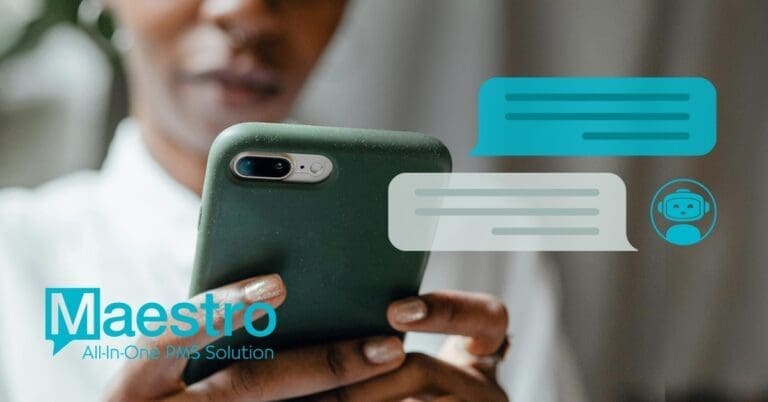Launched in November 2022, AI-powered chatbot ChatGPT has been rapidly impacting workflows across various sectors – and this is only the start of AI’s potential. So what does ChatGPT mean for the future of the meetings and events industry?
The development of artificial intelligence (AI) has been evolving at an ever-increasing pace and hit a major turning point in November 2022 with the launch of ChatGPT, an advanced AI-powered chatbot that can respond to and engage with text-based prompts on virtually any topic.
Until now, AI in events has largely been limited to event technology tools to power features such as personalized matchmaking. However, ChatGPT has farther-reaching implications. It has been lauded as the fastest growing technological novelty in terms of adoption, and excitement around its potential to revolutionize workflows is carried on an undercurrent of concern around the looming obsolescence of some jobs.
ChatGPT can be leveraged to streamline workflows and enhance the event planning process in several ways, and learning to effectively use the tool is a wise move for planners and venues as this technology will only become more prevalent moving forward.





























